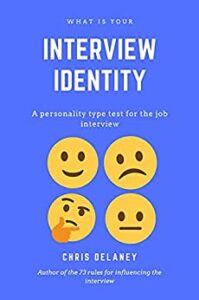CV Review
All job hunters from cleaners to accountants can benefit from a free CV review.
If you possess a good CV, you will already be gaining job interviews and most likely would never think to search for a CV review.
If your CV does not generate job interviews then something needs to change quickly, your first step is to check if your CV can be improved. Often CVs only need a little tinkering or re-designing, these small changes often lead into an increase of job interviews and job offers.
Free CV Review Service
As a free service offered by many CV writing companies, you should quickly take advantage of this great service. Warning – if any CV writing company ask for a deposit or your bank details then do not trust them, this should be a free service.
CV Template
If you need a CV creating from scratch, CV templates can help to get you started. The secrets of employment comes with a free CV pack containing CV templates, Personal Profile Templates and Key Words, Hobbies and Interest Templates and Employment History Templates, helping you create a CV in minutes – all you need to do is add in your contact details and education.


